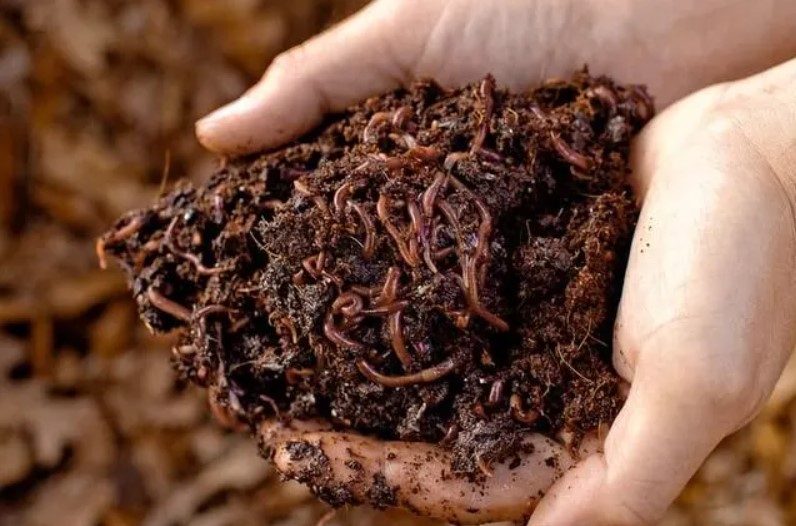
Vermicomposting is an excellent alternative to traditional composting because it can be done on a smaller scale, indoors or outdoors. It also doesn’t take as long as conventional composting, which can benefit gardeners who don’t have the time or space to wait around for their compost piles to break down into usable soil. Another benefit of vermicomposting is that it uses red worm castings, which tend to be more acidic than traditional compost; this makes them ideal for gardens that grow fruits and vegetables.
1. It Works Fast Unlike Other Manure
Vermicomposting is an organic process that lets earthworms convert food and yard waste into a nutrient-rich soil conditioner. Earthworms will eat your kitchen scraps and any other organic matter, including animal manure, and then produce castings that are a rich source of nutrients for your garden. Composting takes six to eight weeks to be ready for use, while vermicomposting can take only four weeks. Since vermicompost readily breaks down soil nutrients into plants’ readily usable form, you’ll see results much more quickly than you would with composting.
Also, vermicompost helps plants grow faster because it releases five times more nitrates than regular commercial fertilizers. Nitrates stimulate root growth and promote flowering and fruiting – making them excellent tools for achieving heavy yields. You can search Vermicompost and its Role in Plant Growth Promotion for detailed information on the benefits of using vermicompost in your garden.
2. It’s Less Expensive
Unlike chemical fertilizers or compost, vermicompost is more affordable for homeowners with small gardens or farms. Vermicomposting uses worms to break down organic matter, such as leaves and food scraps, into a rich soil amendment known as humus. Worms eat organic matter and excrete castings, or worm poop, a rich source of plant nutrients. The leftover droppings are also helpful … Read the rest
